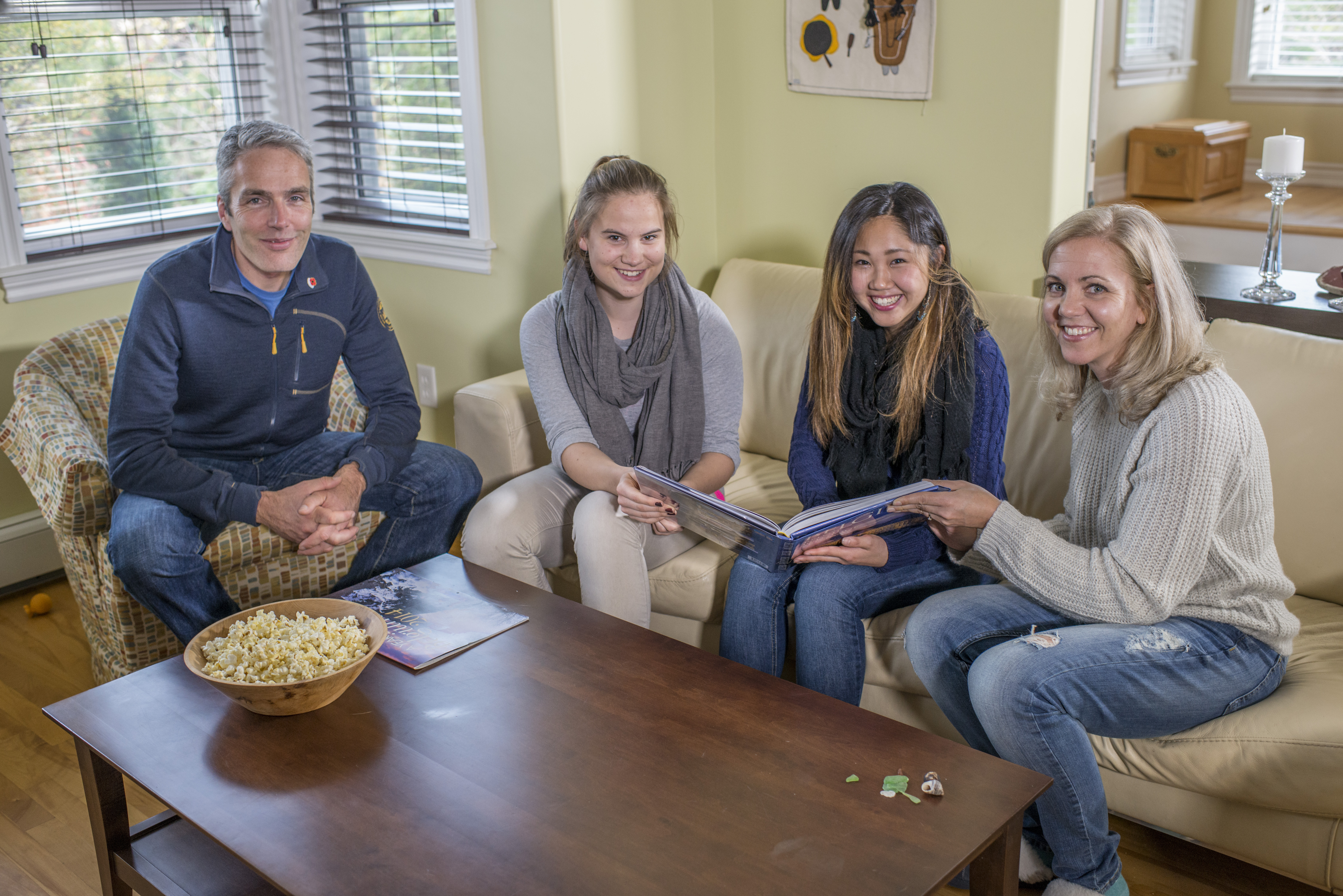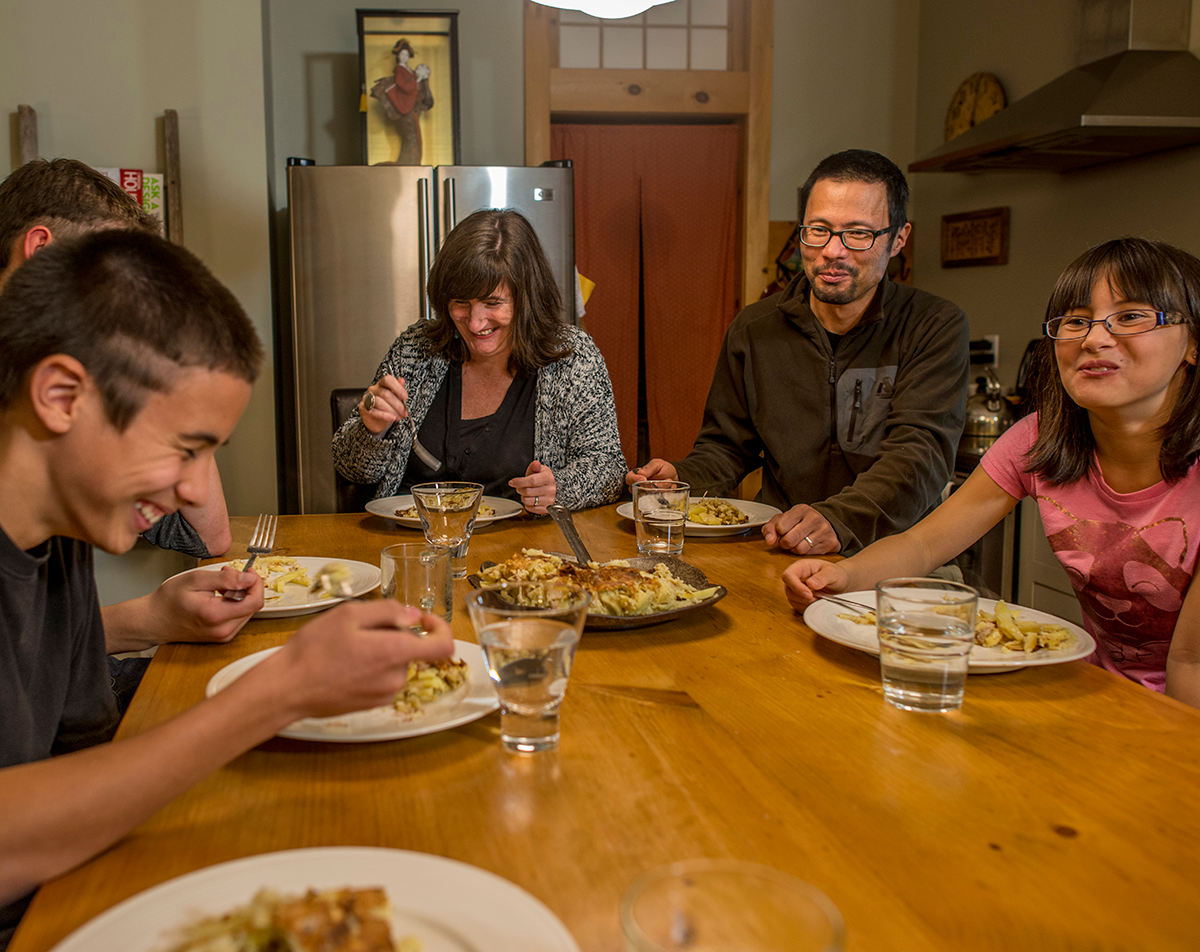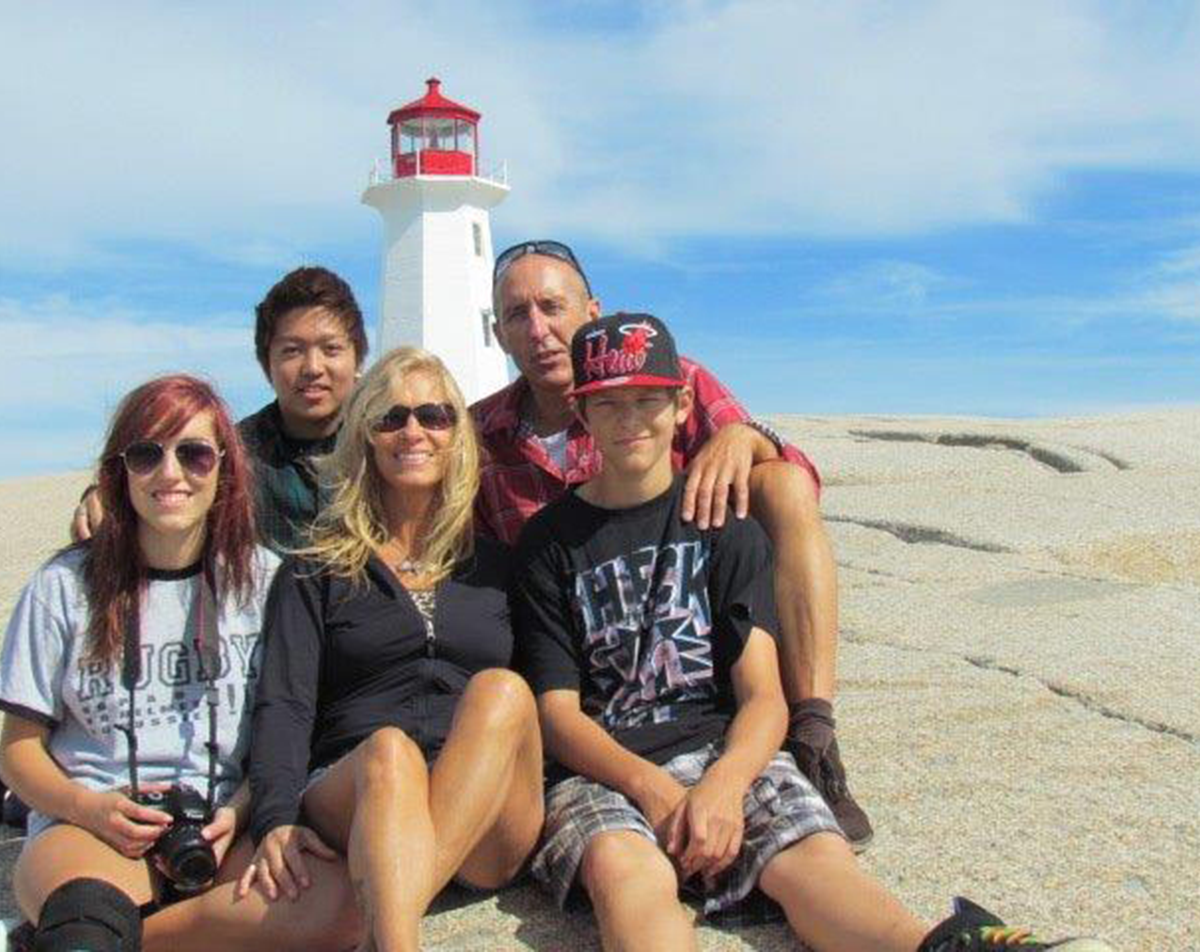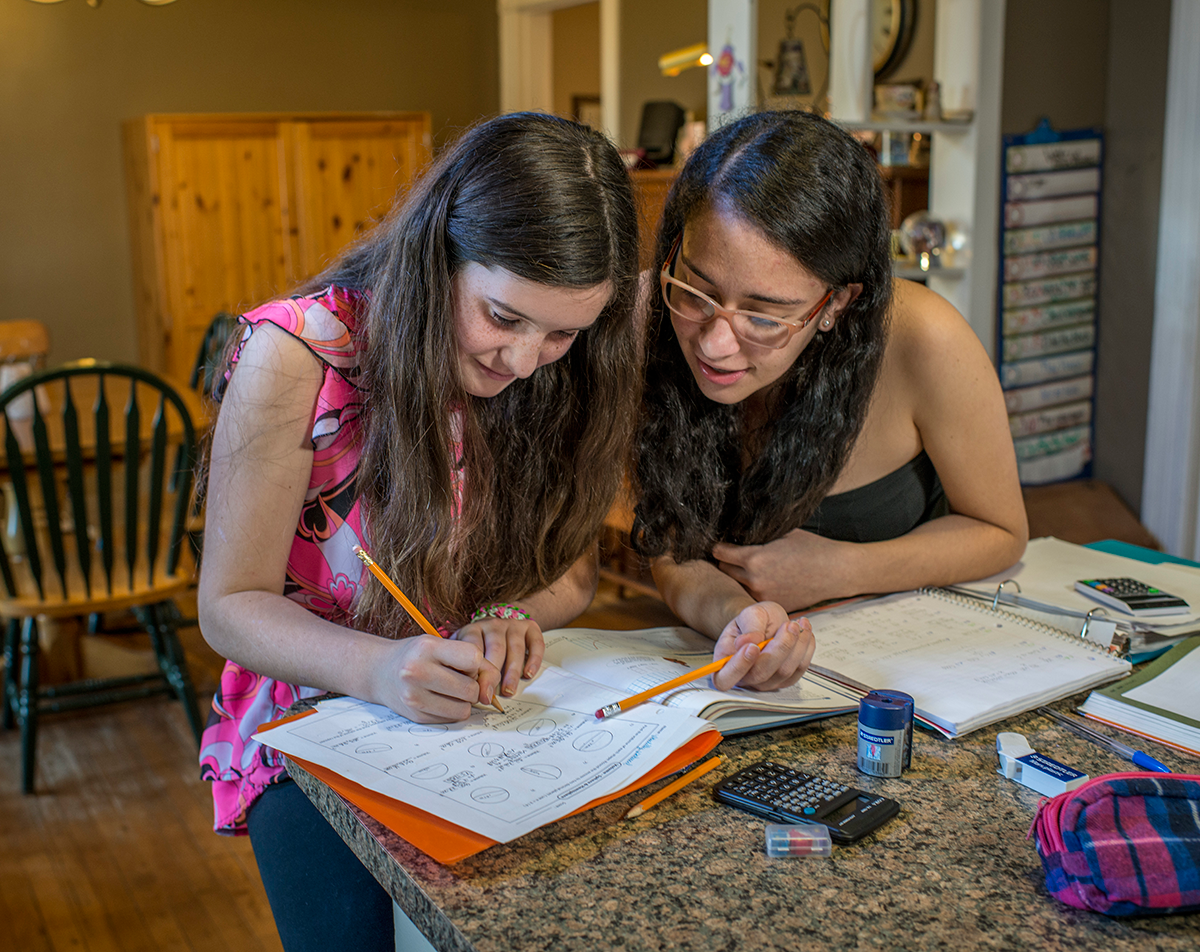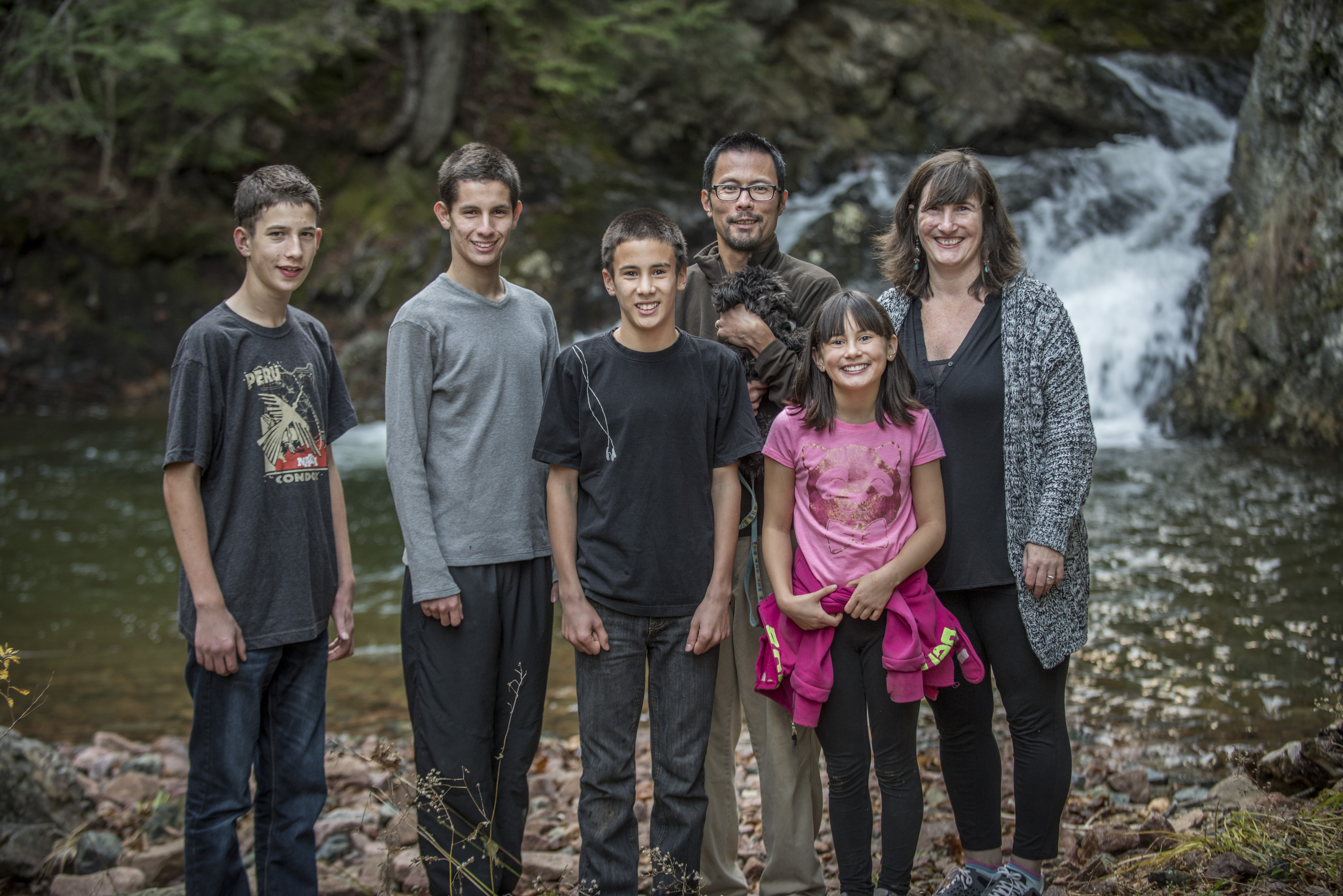When Your Student Arrives
After months of anticipation and excitement it’s finally time for your student to arrive! To make the transition as smooth as possible, we’ve prepared some helpful advice.
Welcoming your student
At least one member of your family will need to be at the airport to greet your student. We encourage you to make it a family event and to bring colourful signs, balloons or even small gifts to welcome your student.
It’s important to keep in mind that flight details can change, especially during peak travel times. A staff member from NSISP will be able to confirm all flight and travel information for you.
Once you arrive home
Once your student arrives at your home, excitement is very high and many students will be eager to take in as much as they possibly can. Show your student around your home including where their room is and introduce them to any family members who may not have been at the airport, including furry ones!
Some students may be jet-lagged while others may not be. Likewise, some students may be hungry while other may not want to eat for a day or so. The combination of being excited and adjusting to a new time zone can impact students in different ways. Above all, remember to be patient with your student as they adjust.
Try to put yourself in your student’s shoes and anticipate what they may be wondering when they wake up in an unfamiliar place the next morning. The more help students get with practical matters the more at ease they’ll feel. Don’t be afraid to explain simple things- in a new culture even the small things are new and exciting!






